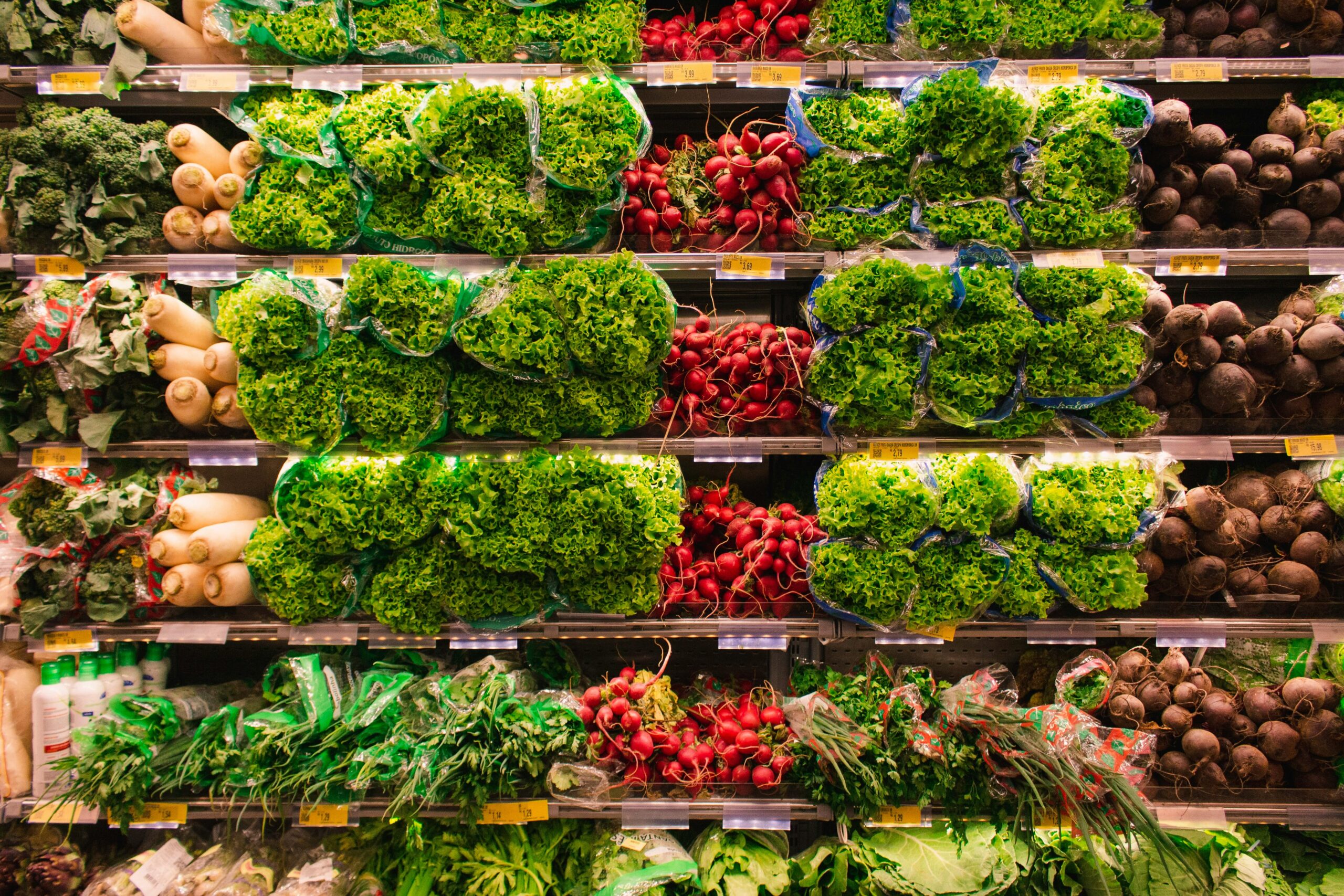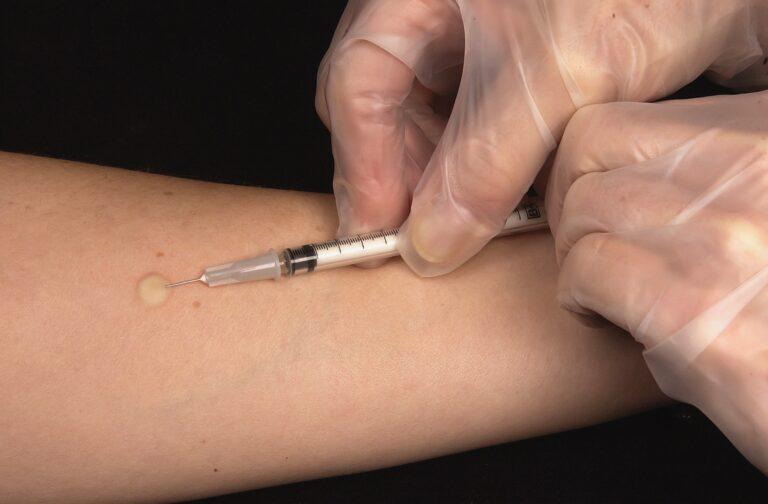FAO highlights policies against hunger in Latin America and the Caribbean

The Regional Office for Latin America and the Caribbean of the Food and Agriculture Organization of the United Nations (FAO) organized a high-level discussion titled “Reflections on the Fight Against Hunger” to encourage dialogue on the impact of public policies in improving food security and nutrition, as well as to coordinate actions that can be adapted and implemented at a regional level, while respecting the particularities of each country. The event examined the region’s progress in combating hunger and malnutrition, drawing on the results of the 2024 State of Food Security and Nutrition in the World (SOFI) report, which highlighted progress in Latin America and the Caribbean compared to other regions in reducing hunger and food insecurity for two consecutive years.
Participants included Luis Abinader, President of the Dominican Republic; Julio Berdegué, Designated Secretary of Agriculture and Rural Development of Mexico; Zulfikar Mustapha, Minister of Agriculture of Guyana; Ignacia Fernández Gatica, Undersecretary of Agriculture of Chile; and Mariela Marín, Acting Minister of Health of Costa Rica. Máximo Torero, Chief Economist, and Mario Lubetkin, Assistant Director-General and Regional Representative for Latin America and the Caribbean, represented FAO.
To start the panel, FAO’s Chief Economist, Máximo Torero, presented the situation in the region, emphasizing the need to reflect on the positive results in South America and scale them throughout the region. In his address, President of the Dominican Republic Luis Abinader highlighted the promotion of agricultural production and exports as a key part of his country’s strategy, complemented by social assistance and food programs, which have reduced the undernourishment rate from 8.3 per cent to 4.6 per cent over the past four years. “We must be prepared to take advantage of new agricultural technologies and sustainably improve our productivity while facing the challenges of climate change,” the President said.
Julio Berdegué, Designated Secretary of Agriculture and Rural Development of Mexico noted his country’s progress in reducing hunger and extreme poverty, attributing it to a profound reorientation of economic and labor policies and public investment to prioritize the welfare of the people, particularly through large infrastructure projects in the south and southeast of the country and a 114 per cent increase in the minimum wage.
Guyana’s Minister of Agriculture, Zulfikar Mustapha, shared that agricultural and entrepreneurship programs, particularly the youth-focused initiative, have played a key role in combating hunger. “We have over a thousand young people today involved in agriculture. Due to the program’s success, we are expanding it to many parts of the country and expect an additional $5.5 million in investment to increase its reach.”
Costa Rica’s Acting Minister of Health, Mariela Marín, stated that her country “remains committed to promoting health, food security, and nutrition. While we face challenges in the fight against hunger and malnutrition, we will continue working to ensure that our entire population has access to a healthier and fuller life.”
Mario Lubetkin, FAO Assistant Director-General and Regional Representative for Latin America and the Caribbean, concluded that robust social protection systems are crucial for advancing in the fight against hunger and food insecurity.






